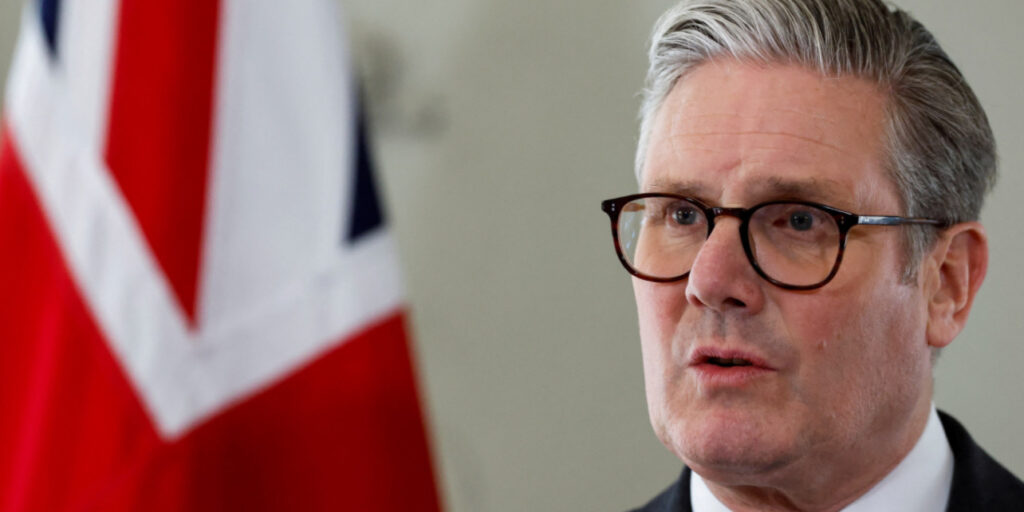Delegates from the United States, China, France, and 37 other nations are converging in London for a two-day summit focused on addressing illegal migration.
The UK Prime Minister, Sir Keir Starmer, is poised to highlight the reprehensible nature of the people-smuggling trade, which thrives on the political rifts among the nations involved.
He will caution against fostering adversarial relationships between these countries during his speech.
This summit is notable for being the first of its kind, with the UK government optimistic about achieving tangible results from the discussions.
The immigration issue remains politically sensitive, with both the Conservative Party and Reform UK criticising the Labour Party’s handling of the situation.
In preparation for the summit, the Home Office has pledged £33 million to dismantle people-smuggling networks and enhance legal actions against such activities.
Angela Eagle, the Minister for Border Security, commented on BBC Breakfast that the government’s strategies would gradually impact the number of small boat crossings in the Channel, although full implementation of these policies will take time.
Representatives from Vietnam, Albania, and Iraq—countries that are significant sources of migration to the UK—will join the talks at Lancaster House, along with officials from France, China, and the US.
Additionally, delegates from the Kurdish Regional Government, Interpol, and major social media platforms like Meta, X, and TikTok will participate in discussions on disrupting this criminal enterprise, which is estimated to be worth around $10 billion (£7.7 billion) annually.
The start of 2025 has seen over 6,000 people crossing the Channel in small boats, setting a new record for the year. The UK has previously forged several international agreements aimed at reducing these numbers.
Sir Keir is eager to position the UK as a leader in the global fight against irregular migration.
He asserts that international cooperation along the smuggling routes is essential to effectively address this issue. He believes this summit will bolster UK border security and alleviate pressure on British public services, returning hotels to their local economic roles.
The prime minister, reflecting on his previous role as the Director of Public Prosecutions, will draw parallels between his past efforts in thwarting various plots, such as preventing aircraft bombings over the Atlantic, and his current approach to tackling organised immigration crime.
His speech is expected to outline how this malign trade exploits institutional weaknesses, fosters discord among nations, and profits from political disunity. The summit is set to deliver substantial results for participating countries across Europe, Asia, the Middle East, Africa, and North America.
In the lead-up to the summit, the government announced financial measures including £30 million for the Border Security Command to target supply chains and trafficking routes, and an additional £3 million to enhance the Crown Prosecession Service’s capacity to handle cases of people smuggling.
Further legislative changes are being made to expand right-to-work checks to the gig economy, with non-compliant businesses facing severe penalties.
Home Secretary Yvette Cooper has expressed her intention to tighten controls on individuals entering the UK on student or work visas and subsequently seeking asylum.
The government is also reviewing the application of Article 8 of the European Convention on Human Rights regarding migration cases, amid controversies over its interpretation in stopping deportations.
Moreover, the UK is investing £1 million to combat people-smuggling leaders in Iraq’s Kurdistan region and has initiated an advertising campaign on Vietnamese social media to warn against trusting smuggling gangs.
Meanwhile, criticism from the Conservatives continues, with Tory shadow minister Alex Burghart lamenting Labour’s decision to abandon the Rwanda deportation plan.


